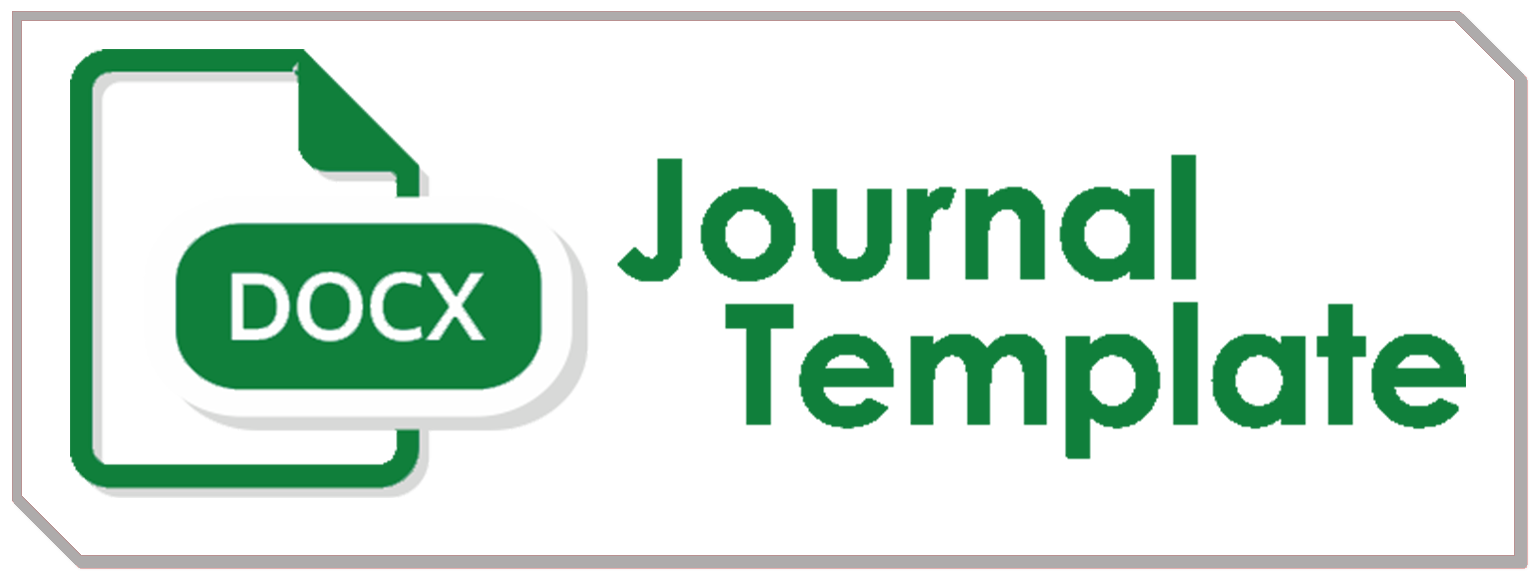The Role of Sharia Economy in Building Sustainable MSMEs in Indonesia
Keywords:
Sharia Economy, MSMEs, Empowerment, Welfare, Economic JusticeAbstract
MSMEs play an important role in driving national economic growth, creating jobs, and improving community welfare. However, MSMEs still face various challenges such as access to capital and business guidance. The Sharia economy has emerged as a solution for empowering MSMEs through the principles of justice, transparency, and adherence to Sharia-based values. This article discusses how the Sharia economy can support MSME empowerment through various instruments such as Islamic financial institutions, zakat, infaq, alms, and productive waqf. The research method used was a literature review using a descriptive-qualitative approach. The results of the study indicate that the optimal application of Sharia economic principles can make MSMEs more competitive and contribute to equitable welfare distribution among Indonesian people.
Downloads
References
Adnan, M. A., & Ajija, S. R. (2015). The effectiveness of Baitul Maal Wat Tamwil in the empowerment of micro enterprises in Indonesia. Humanomics, 31(2), 160–182.
Amalia, E. (2019). Keadilan Distributif dalam Ekonomi Islam. Jakarta: RajaGrafindo Persada.
Antonio, M. S. (2011). Bank Syariah: Dari Teori ke Praktik. Jakarta: Gema Insani.
Antonio, M. Syafi'i. (2011). Bank Syariah: Dari Teori ke Praktik. Jakarta: Gema Insani. Ascarya. (2020). Ekonomi dan Keuangan Syariah: Teori dan Praktik Kontemporer. Jakarta:
Ascarya. (2020). The role of Islamic finance in supporting MSMEs in Indonesia. Journal of Islamic Monetary Economics and Finance, 6(2), 345–370.
Djamil, Nasrullah. (2022). Ekonomi Syariah dan Transformasi Digital. Yogyakarta: Graha Ilmu.
Fauzia, A. M. (2014). Filantropi Islam: Sejarah, Konsep dan Praktik di Dunia Muslim.
Hudaefi, F. A., & Beik, I. S. (2021). Sharia economy and MSME empowerment: An integrated framework. International Journal of Islamic and Middle Eastern Finance and Management, 14(1), 63–82.
Humaniora Press.
Ihsan, H., & Hapsari, I. C. (2021). Empowerment of Micro, Small, and Medium Enterprises (MSMEs) through zakat and waqf institutions in Indonesia. Journal of Islamic Economic Laws, 4(1), 12–26.
Jakarta: Alvabet.
Jakarta: LP3ES.
KemenkopUKM. (2023). Laporan Tahunan Kementerian Koperasi dan UKM Republik Indonesia. Jakarta: KemenkopUKM.
Munir, M. (2023). UMKM Digital: Tantangan dan Strategi. Jakarta: Prenadamedia. Nurhayati, I. (2023). Inovasi Wakaf Produktif untuk Pemberdayaan UMKM. Bandung:
OJK Syariah. (2024). Laporan Tahunan OJK Syariah. Jakarta: OJK.
Rahman, A., Huda, N., Zainul, M. (2020). Financial technology and Islamic microfinance institutions: Strategic synergy for MSMEs. International Journal of Islamic Business Ethics, 5(1), 35–50.
Rahmawati, D. (2022). Penguatan UMKM melalui Digitalisasi. Bandung: Alfabeta. Tambunan, T. (2019). Usaha Mikro Kecil dan Menengah di Indonesia: Isu-Isu Penting. Rajawali Pers.
Suprayogi, A., Hidayat, Y., Wibowo, A. (2022). Digital innovation in Islamic fintech to support MSMEs during the COVID-19 pandemic. Journal of Islamic Economics and Finance Studies 8(1), 78–93.
Wahyudi, E. (2024). Peran Perguruan Tinggi dalam Pemberdayaan Ekonomi Umat. Jakarta: Prenada Media.
Yulianti, S. (2024). Strategi Digitalisasi Keuangan Syariah di Indonesia. Bandung: Cipta Media Nusantara.
Zulham. (2022). Akad dan Produk Bank Syariah. Jakarta: Kencana.
Downloads
Published
How to Cite
Issue
Section
License
Copyright (c) 2025 Afdhol Rinaldi, Nurcahaya

This work is licensed under a Creative Commons Attribution-ShareAlike 4.0 International License.










